The smartphone in your hand and the watch on your wrist are of course no longer just monothematic electrical components, but multifunctional mini-computers with added value, indispensable for communication and data collection and processing. This combination of electrical engineering and computer science is the subject of the Electrical Engineering and Information Technology degree programme. The course is characterised by an intensive cross-reference to various fields of application, a high proportion of practical work during the course and the broad employability of graduates in various branches of industry.
What careers are available with a degree in Electrical Engineering?
Graduates can choose from a wide range of activities as an engineer. They plan, develop and control electrical and mechatronic systems, plants, devices, circuits, control units and components for various technical facilities. Current and future developments in the areas of Industry 4.0, renewable energies, communication technology and electromobility rely on electrical engineers and information technicians.
Labour market opportunities and earning potential are very good. During the practical semester and an industry-related Bachelor's thesis, students make their first, pioneering contacts with companies. The areas of employment range from research and development, production planning and quality assurance to technical sales in various sectors.

![[Translate to English:] [Translate to English:]](/fileadmin/_processed_/9/0/csm_DSC04743_b_6f4d49b4e5.webp)

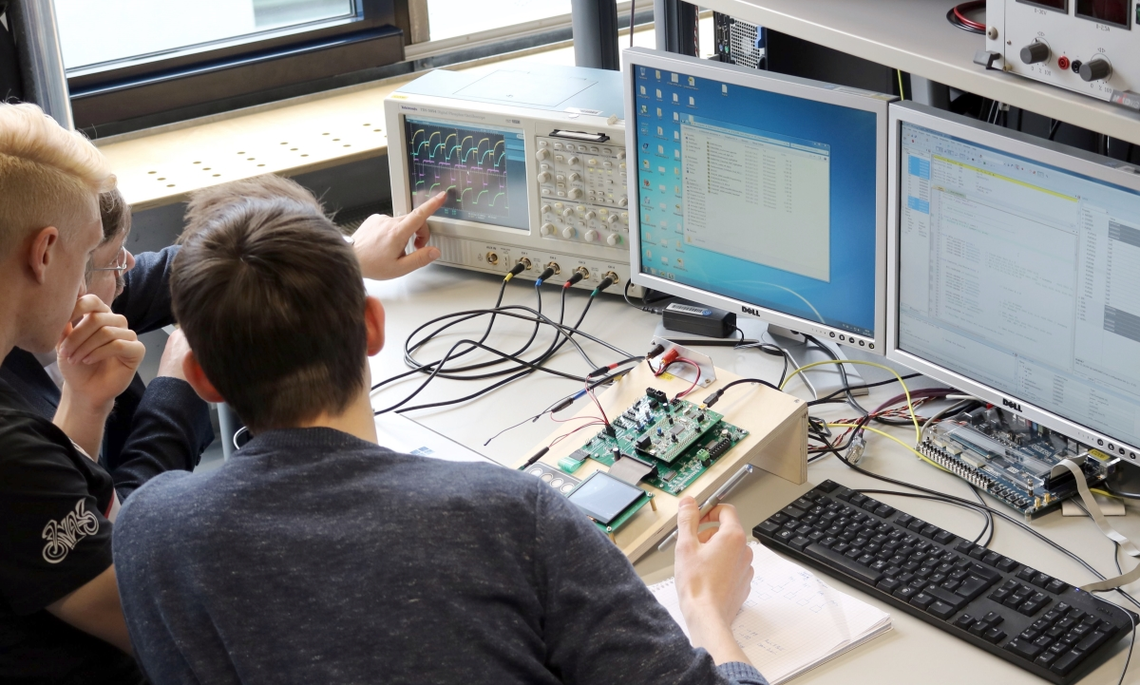


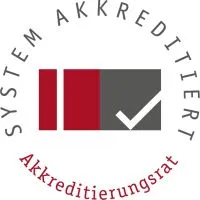
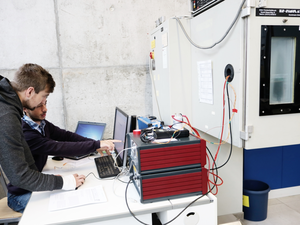
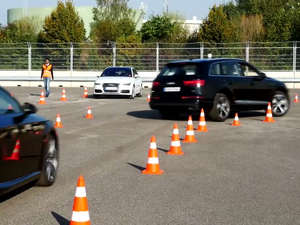
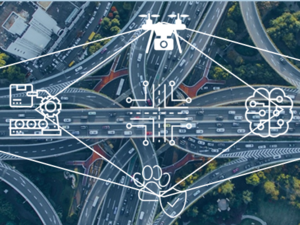
![[Translate to English:] Logo Akkreditierungsrat: Systemakkreditiert](/fileadmin/_processed_/2/8/csm_AR-Siegel_Systemakkreditierung_bc4ea3377d.webp)








![[Translate to English:] Logo IHK Ausbildungsbetrieb 2023](/fileadmin/_processed_/6/0/csm_IHK_Ausbildungsbetrieb_digital_2023_6850f47537.webp)


